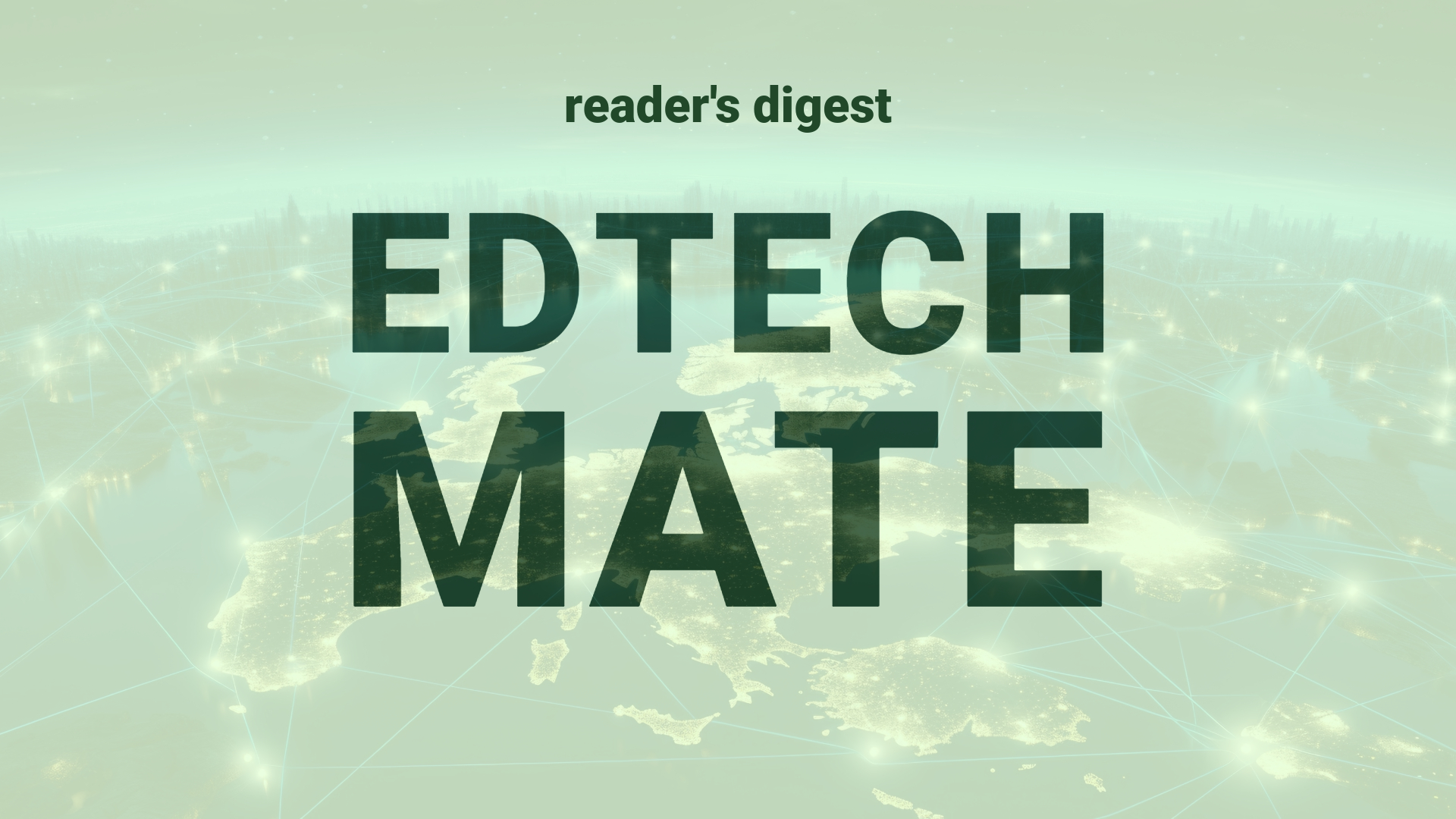Executive Summary and Main Points
The data landscape for businesses has evolved from being predominantly structured and manageable to one that is overwhelmingly unstructured or semi-structured, presenting challenges in data analysis and insight generation. To address these complexities, Artificial Intelligence (AI), Machine Learning (ML), and cognitive computing technologies have become integral tools for modern data science. The surge in AI tool development is substantiated by IDC’s prediction of a $77.6 billion spend on AI and cognitive computing by 2022. A paradigm shift within this context is the emergence of Machine Learning as a Service (MLaaS), a subscription-based model that provides AI tools and services, offering low-cost, accessible, and scalable options for organizations to integrate AI capabilities into their operations.
Potential Impact in the Education Sector
MLaaS is poised to transform the further and higher education sectors by facilitating sophisticated data analysis capabilities without the need for extensive investment in AI infrastructure or specialized personnel. It opens up the possibility for institutions to harness AI for student data analysis, personalized learning pathways, and predictive analytics for student success. In the domain of micro-credentials, MLaaS could enable more nuanced skills assessment and verification, tailored to workforce needs. Strategic partnerships between educational institutions and MLaaS providers could lead to a democratization of AI resources, ultimately enhancing the digital footprint and innovation potential of educational entities.
Potential Applicability in the Education Sector
Institutes of global education can leverage MLaaS to integrate AI-driven tools into their administration and learning platforms. This includes the application of AI in adaptive learning technology, automated grading systems, and AI-powered research analytics. Furthermore, AI can substantially contribute to language processing tools, aiding international students with translation services and improving accessibility. The development of virtual AI tutors for personalized assistance, alongside predictive analytics for student retention, showcases MLaaS’s vast potential in enhancing educational services and outcomes worldwide.
Criticism and Potential Shortfalls
Despite the promising avenues MLaaS opens, there are critical views regarding its widespread adoption in higher education. Some concerns center around data privacy and the ethical use of student information, as heavy reliance on AI could lead to opaque decision-making processes. Moreover, the variance in technological infrastructure and digital literacy across global educational systems may hinder equitable access to MLaaS benefits. Comparative international case studies illustrate variances in adoption rates and the success of integrating such technologies, with disparities often aligned with existing digital divides. Lastly, there is apprehension about over-reliance on AI potentially diminishing critical thinking and interpersonal skills development within learning processes.
Actionable Recommendations
To capitalize on MLaaS and other AI advancements in the education sector, leaders must pursue a proactive approach in exploring these technologies. Recommendations include establishing strategic partnerships with MLaaS providers to tailor services for educational needs. It is also essential to invest in training for educators and IT staff to ensure effective integration and usage of AI tools. Educational policymakers should implement guidelines that protect data privacy and ethical standards. Finally, institutions should look to pilot projects that apply AI in specific contexts to gauge impact and iterate on best practices for wider implementation. Engaging students and faculty in discussions about the use of AI in education will ensure that its introduction aligns with the institutional mission and enhances learning experiences.
Source article: https://www.cio.com/article/2121514/unlocking-ai-machine-learning-as-a-service.html

